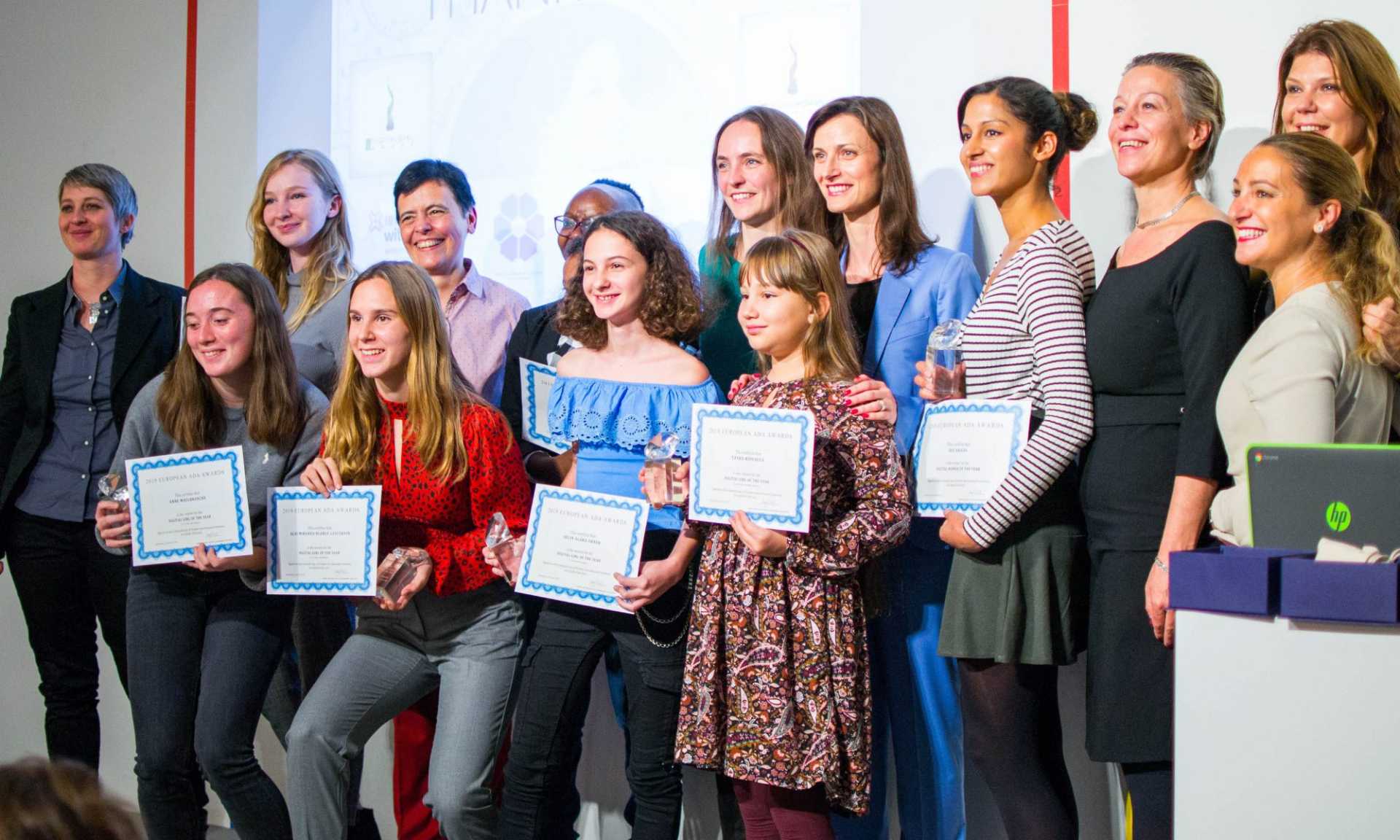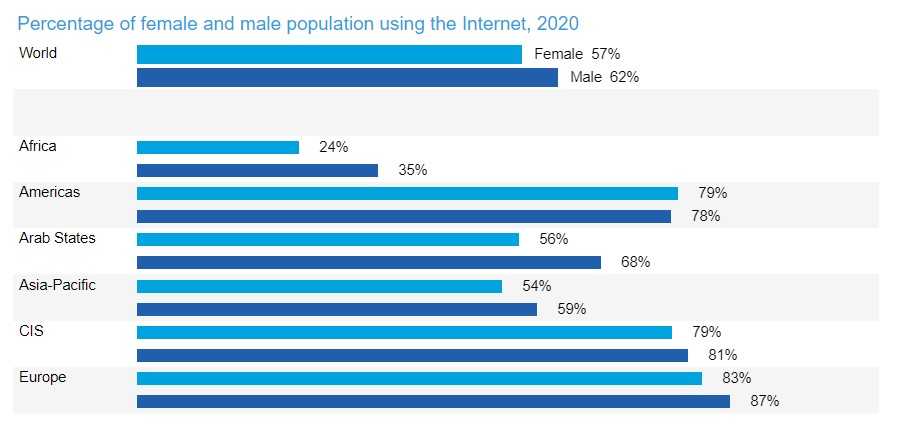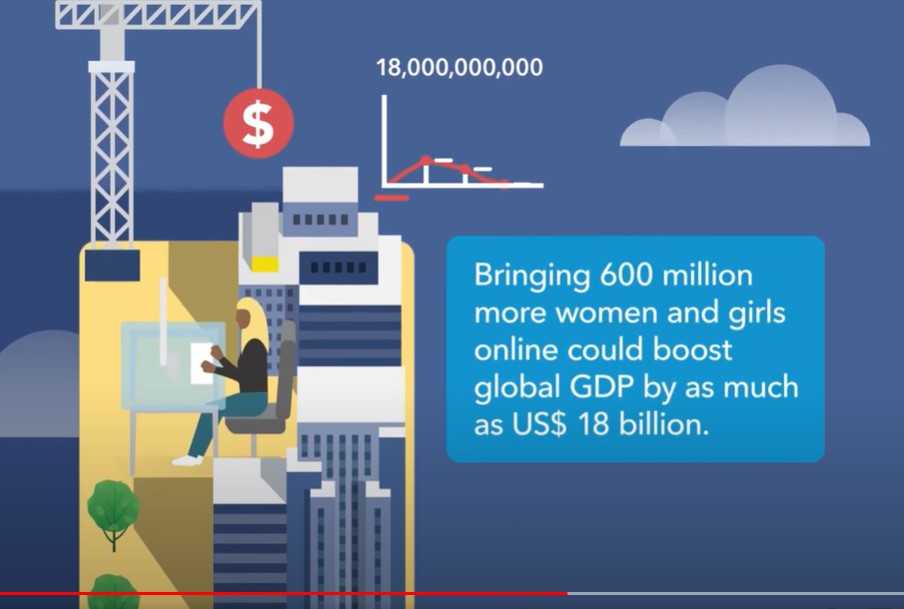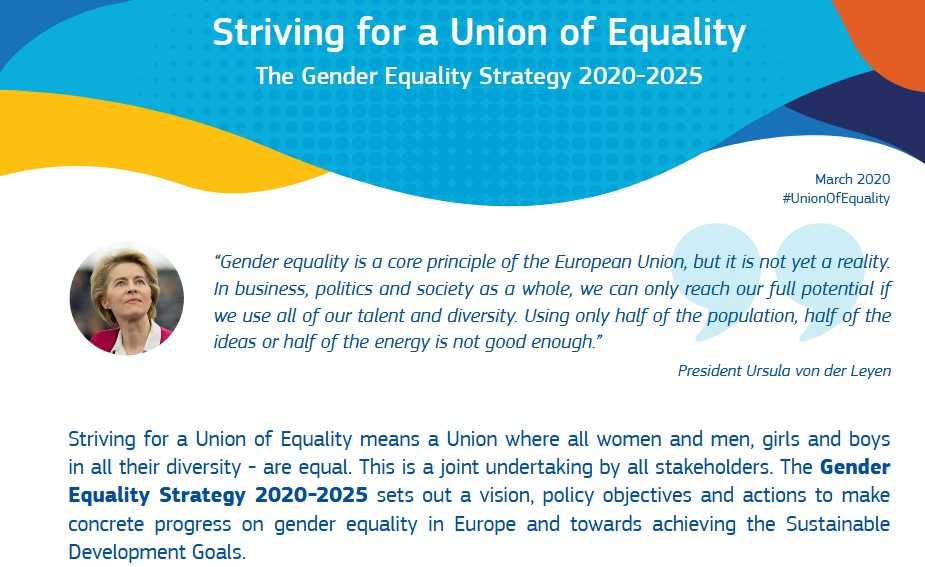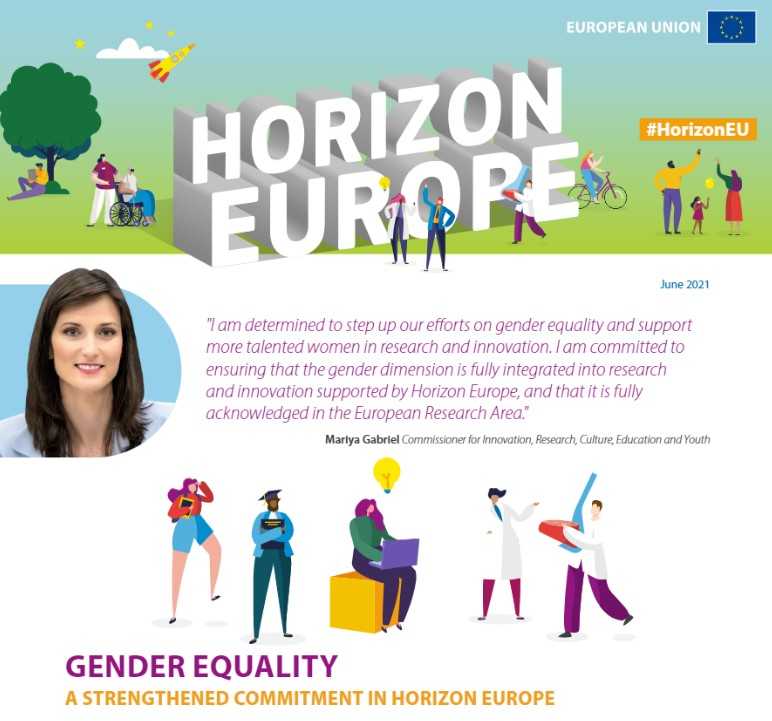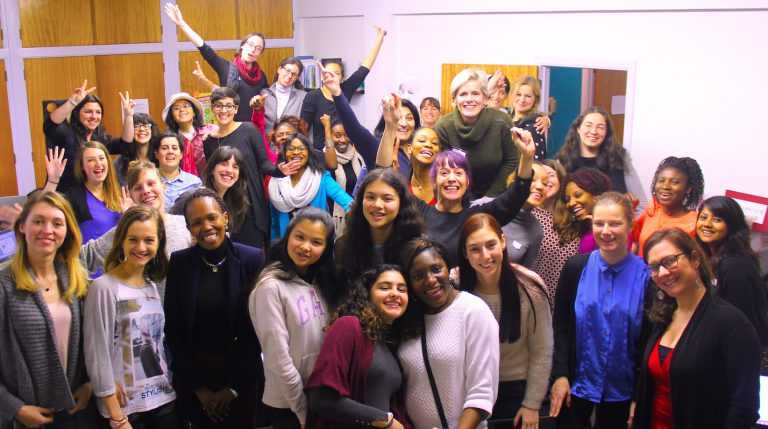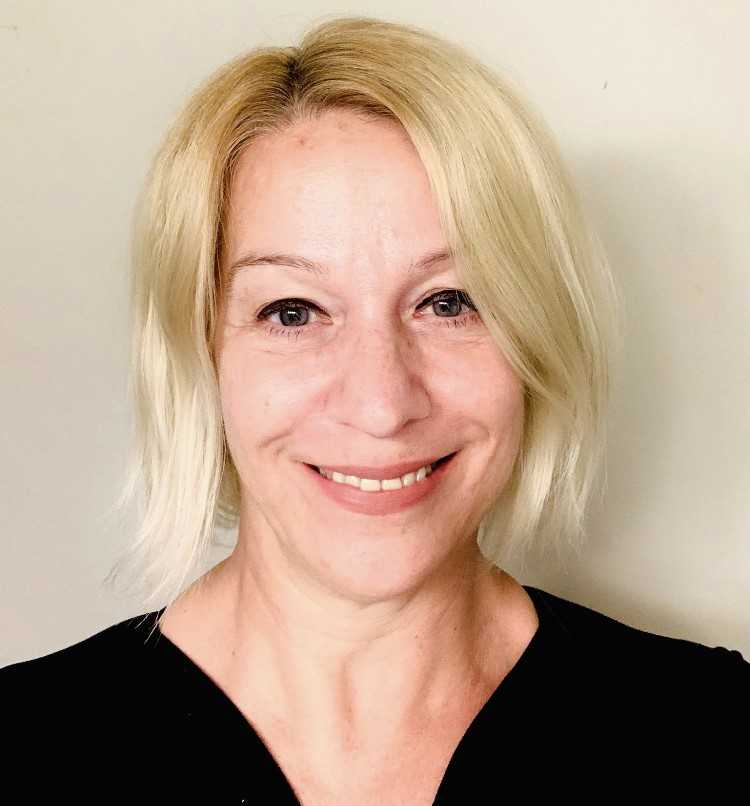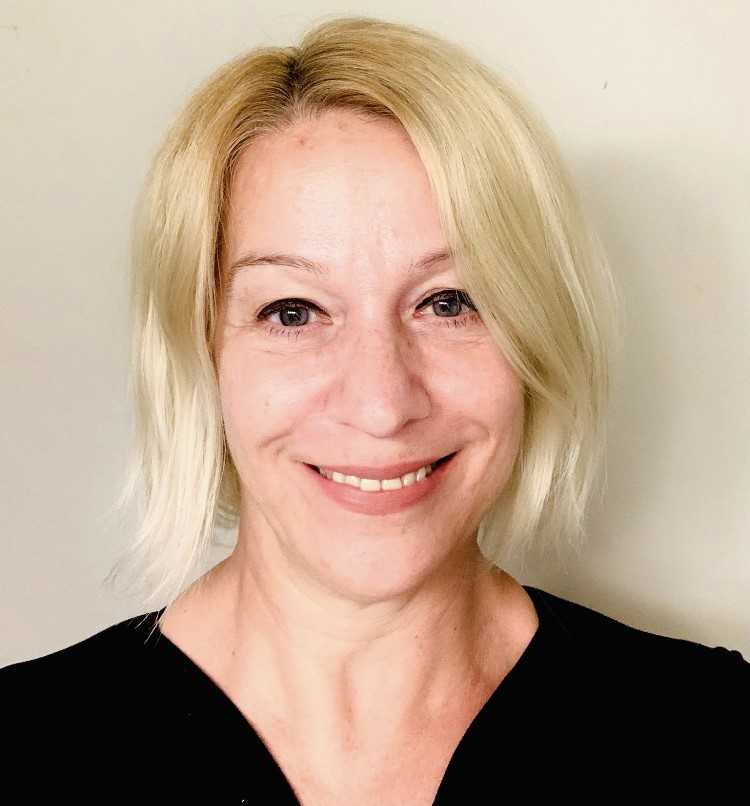Leadership like the foregoing is essential to achieving digital equity and improved economic agency for women in Europe because EU multi-annual financial framework (MFF) funding schemes, like Horizon Europe, underwrite countless EU member state activities that contribute to increased participation of women in STEM and startup. MFF and other funding programs such as ERASMUS+, which specifically supports the European entrepreneurship ecosystem, contribute critical funding for EU civil society-led digital skills and startup programs, many of which aim to increase gender equality in technology fields, including entrepreneurship.
All together, the policy, funding and program-delivery ecosystem in the European Union has become increasingly successful at programming like the foregoing which promotes digital equity for women’s economic agency, contributes to financial independence for women, and makes inroads on the sustainable development goals and other global challenges. This approach deserves replication, all or in part, because it contributes to:
• Reducing the risk of marginalisation posed to women by digital disruption;
• Addressing the global digital skills and job gaps;
• Supporting a pathway to increased workforce participation and entrepreneurship by women;
• Harnessing the creative capacity of women for sustainable economic development; and
• Promoting women’s full economic, social and political agency.
